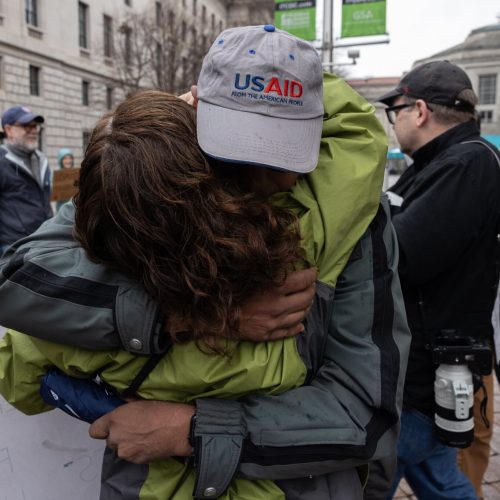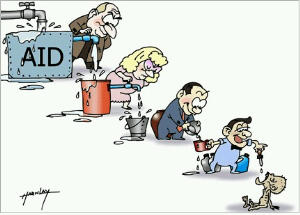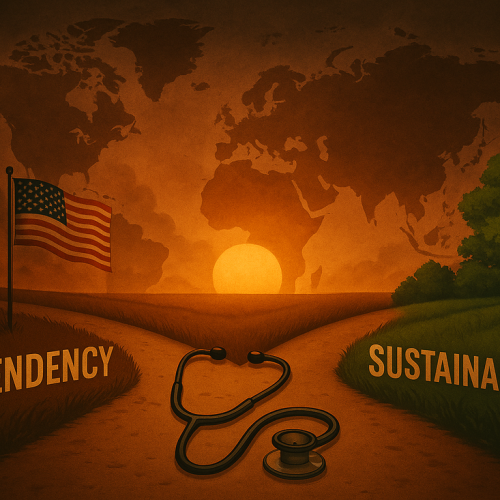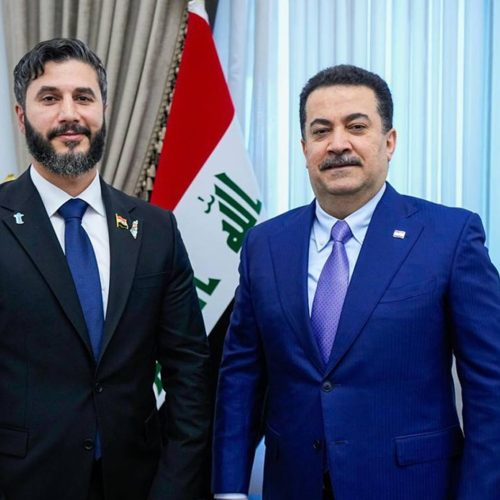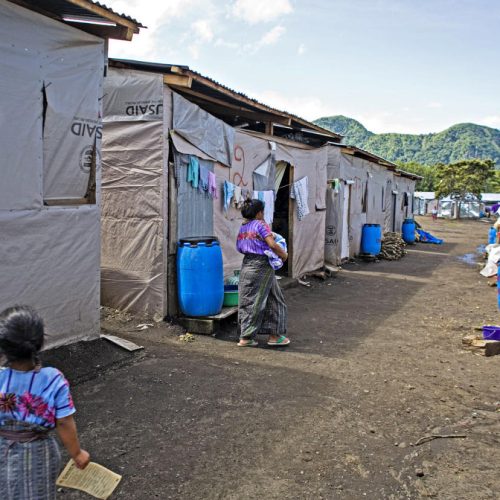March 17, 2025
The Weapon No One Talks About: Sexual Violence in Eastern Democratic Republic of the Congo
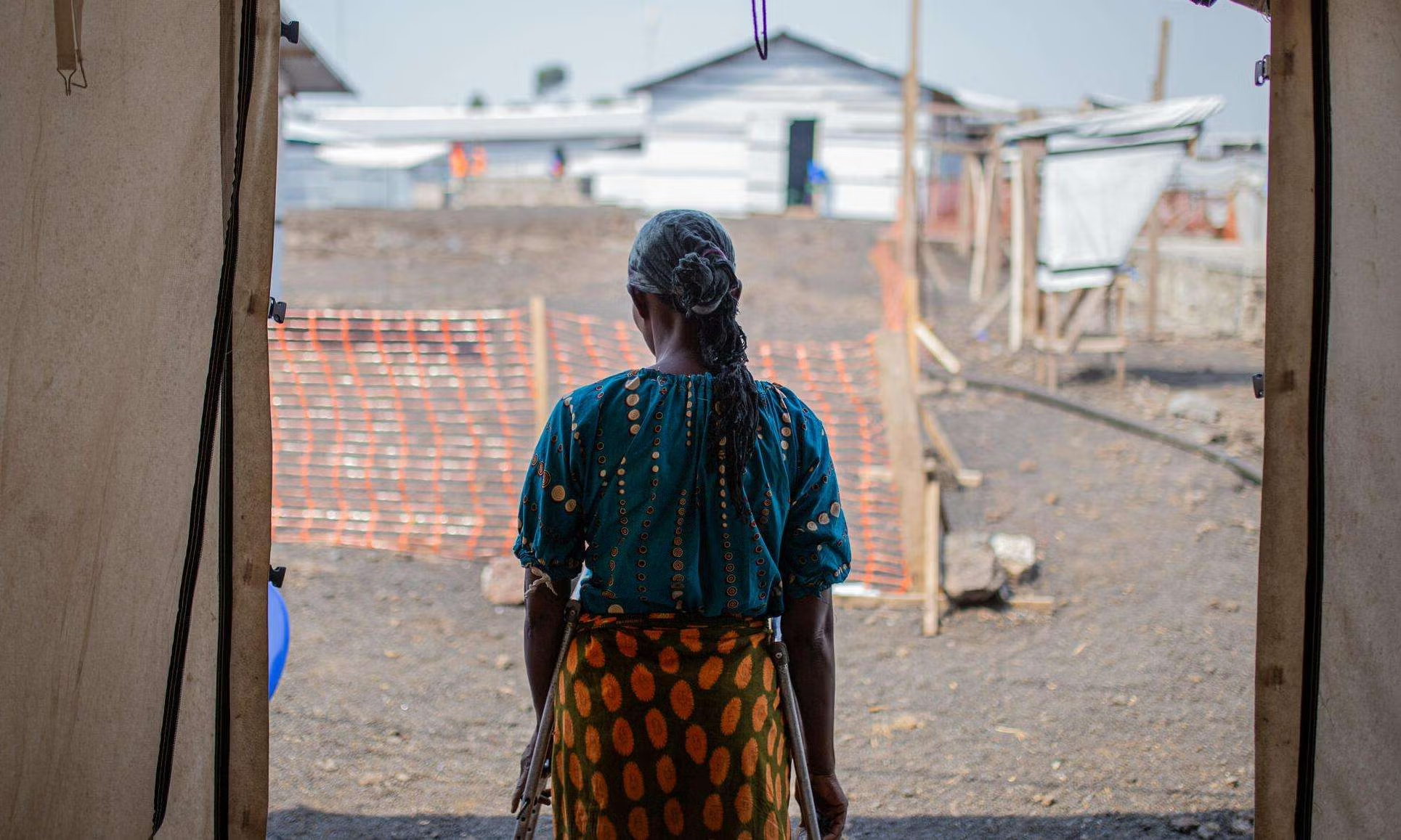
A country’s true strength is not in its economy or military but in the well-being of its women. In the Democratic Republic of the Congo (DRC), more than 1.8 million women have endured brutal violence; mass rape has become a harrowing reality.
Sexual violence is used as a deliberate tool of terror to break communities, drive people from their homes, and keep entire populations in fear. In the east of the DRC, women and girls of all ages, from infants to grandmothers, are subjected to unspeakable cruelty. Victims experience lifelong health impacts: physical injuries, deep psychological scars, unwanted pregnancies, and sexually transmitted infections (STIs) including HIV. Fear alone keeps many survivors silent, trapped in places where safety is never guaranteed.
In late January 2025, more than one hundred female prisoners were sexually assaulted before being burned alive during a mass jailbreak at Munzenze Prison in Goma, DRC. According to a senior United Nations official, the women were attacked inside their prison wing during the jailbreak. The assault took place as Rwanda-backed M23 rebels seized control of the prison.
This atrocity is not an isolated incident. Illegal armed groups in the region have used sexual violence as a weapon of war for decades. The Congolese military is also responsible for the state of women’s health and human rights in the DRC. Interviews with active and ex-FARDC (Armed Forces of the Democratic Republic of Congo) combatants reveal that although they view rape as an immoral crime, men cite sexual desire and socioeconomic scarcity as drivers of widespread sexual assault perpetration.
A mixed-methods study of the experiences of female sexual assault survivors in the DRC found that nearly one-third (29%) of surveyed women reported being rejected by their families as a result of rape. Some women shared that this rejection is motivated by a fear of STI “contamination”, as well as stigma surrounding fistulas caused by violent rape. Only 4.2% of survivors report accessing health services within 72-hours of their attack, a medically important window for STI and HIV prophylaxis. Some women shared that this is influenced by travel distance to sexual health care services, while others reveal that this is motivated by STI stigma and fear of reprisal attacks.
Dr. Denis Mukwege, Nobel Peace Prize laureate and founder of Panzi Hospital, is a Congolese obstetrician and gynecologist who specializes in treating survivors of sexual assault. Dr. Mukwege has called for increased national, regional, and international advocacy, as well as an international criminal tribunal to specifically address sexual crimes in the DRC:
“We can treat them physically and psychologically. We have the capacity to integrate them into their communities, but there is a piece of this missing – and that is justice and reparation for what they endured!”
Image: Alexandre Marcou/MSF
References
UN rights office warns of summary killings and rape in eastern Congo | Reuters
Care for victims of sexual violence in the Democratic Republic of Congo – MSF
